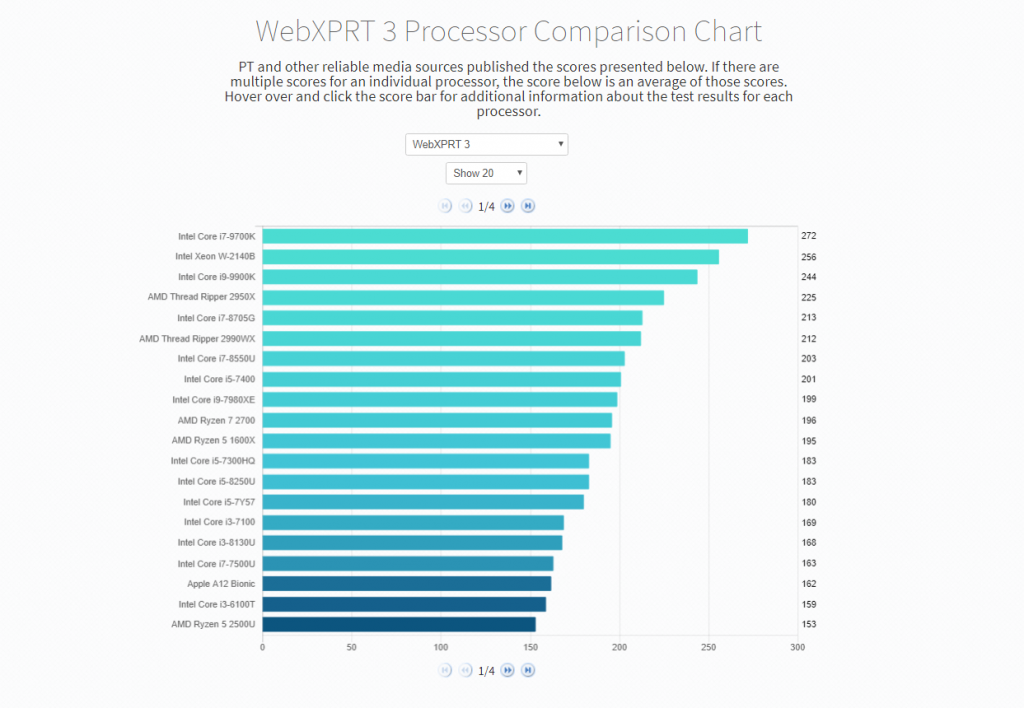Over the last few weeks, we’ve discussed the capabilities and benefits of TouchXPRT and CrXPRT. This week, we’d like to reintroduce readers to BatteryXPRT, our app that evaluates the battery life and performance of Android devices.
Battery life for phones and tablets has improved dramatically over the last several years, to the point where many devices can support continuous use for well over a full work day on a single charge. This improvement is the result of advances in battery hardware technology, increased processor efficiency, and smarter utilization of software services by the operating system. Battery life has increased to some extent for most device categories and price points. However, enough of a range remains between devices at each level that access to objective battery life data is valuable for device shoppers.
Without BatteryXPRT, shoppers must rely on manufacturer estimates or full rundown tests that don’t resemble the types of things we do with our phones and tablets every day. A rundown test that surfs the web continuously for over 15 hours reveals which devices last the longest performing that specific task. It doesn’t tell you which devices last the longest over a full day performing a variety of common activities such as web browsing, watching videos, browsing and editing photos, playing music, and periodically sleeping. During BatteryXPRT’s battery life test, the app executes those same types of tasks and produces a performance score based on the speed with which a device completes each task.
BatteryXPRT provides an intuitive user interface in English and Simplified Chinese, and easy-to-understand results for both battery life and performance. Because your data connection can have a significant effect on battery life, BatteryXPRT runs in airplane mode, connected to the Internet via Wi-Fi, or connected to the Internet through a cellular data connection.
BatteryXPRT is easy to install and run, and is a great resource for anyone who wants to evaluate how well an Android device will meet their needs. If you’d like to see test results from a variety of Android devices, go to BatteryXPRT.com and click View Results, where you’ll find scores from many different Android devices.
If you’d like to run BatteryXPRT
Simply download BatteryXPRT from the Google Play store or BatteryXPRT.com. The BatteryXPRT installation instructions and user manual provide step-by-step instructions for configuring your device and kicking off a test. We designed BatteryXPRT to be compatible with a wide variety of Android devices, but because there are so many devices on the market, it is inevitable that users occasionally run into problems. In the Tips, tricks, and known issues document, we provide troubleshooting suggestions for issues we encountered during development testing.
If you’d like to learn more
The Exploring BatteryXPRT 2014 for Android white paper covers almost every aspect of the benchmark. In it, we explain the guiding concepts behind BatteryXPRT’s development, as well as the benchmark’s structure. We describe the component tests, the differences between the app’s Airplane and Network/Wi-Fi modes, and the statistical processes used to calculate expected battery life.
Justin













